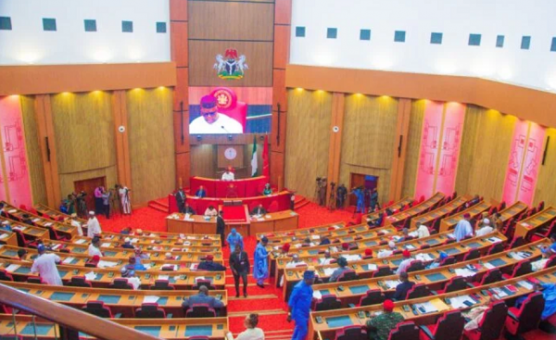U.S. District Judge Karin Immergut extended her order on November 2, 2025, preventing President Donald Trump from deploying National Guard troops to Portland, Oregon. This order hence prolongs a temporary stay which had until then been operating in view of the protests held at the Immigration and Customs Enforcement (ICE) facility situated in the city.
The extension lasts until 5 p.m. on Friday, November 7, 2025, so that the parties could present further arguments. Judge Immergut stated there was insufficient justification for such a deployment on the part of the administration. The protests in Portland had gained momentum due to immigration policies raising national attention, and this led Trump to seek military involvement.
Background on Portland Protests
For the past weeks, demonstrators have gathered outside the ICE building in Portland protesting against federal immigration enforcement action. Activists are calling for reforms, including the closing of detention centers and accountability for alleged abuses. Local authorities control the situation, while Trump administration officials say that threats to federal property require stronger measures.
In opposition to such deployment stands Portland Mayor Ted Wheeler, who states that all this enhances violence rather than resolving it. Oregon Governor Tina Kotek supports this view and points out that the local security is actually under the state’s control. The protests highlight the 2020 unrest, wherein federal agents went to battle with crowds, leading to legal suits and public outcry.
Trump announced the plans to send the National Guard units a week ago, framing it as necessary in order to protect federal assets. Critics, including civil rights groups, claim this undermines state power and free speech rights. The A.C.L.U. was the original plaintiff there in an attempt to stave off any militarized response. They argue the deployment violates Constitution provisions against inappropriate federal intervention within domestic affairs.
Details of Court Rulings
Judge Immergut granted the initial block on October 31, 2025, after arguments were made from both sides. In extending her ruling, she raised concerns regarding officer safety and the possibilities of heightened dangers to protesters. The judge wants the administration to demonstrate more clearly any imminent threats in allowing any troop deployment. Further hearings for November 6 have been scheduled, where lawyers will argue whether the deployment is necessary or legal.
The ruling states that no National Guard personnel can enter Portland for crowd control or protection of property during this period. This ruling relies on previous decisions that limit executive power in state affairs. The legal experts commend it as being a check on federal power.
Implications for National Security and Civil Rights
It impacts Trump’s overarching strategy for responding to urban unrest around the country. Administration spokespeople have expressed frustration with the block as being a threat to federal employees. Supporters of the protests are celebrating this decision, calling it a gain for their right to peaceful assembly.
So the case raises even broader questions regarding the balance existing between national security and local autonomy. Should the block become permanent, it will set up a precedent for future administrations confronted by the same issues. Portland residents seem to be very much divided, with some fearing in case troops arrive later an escalation might take place.


